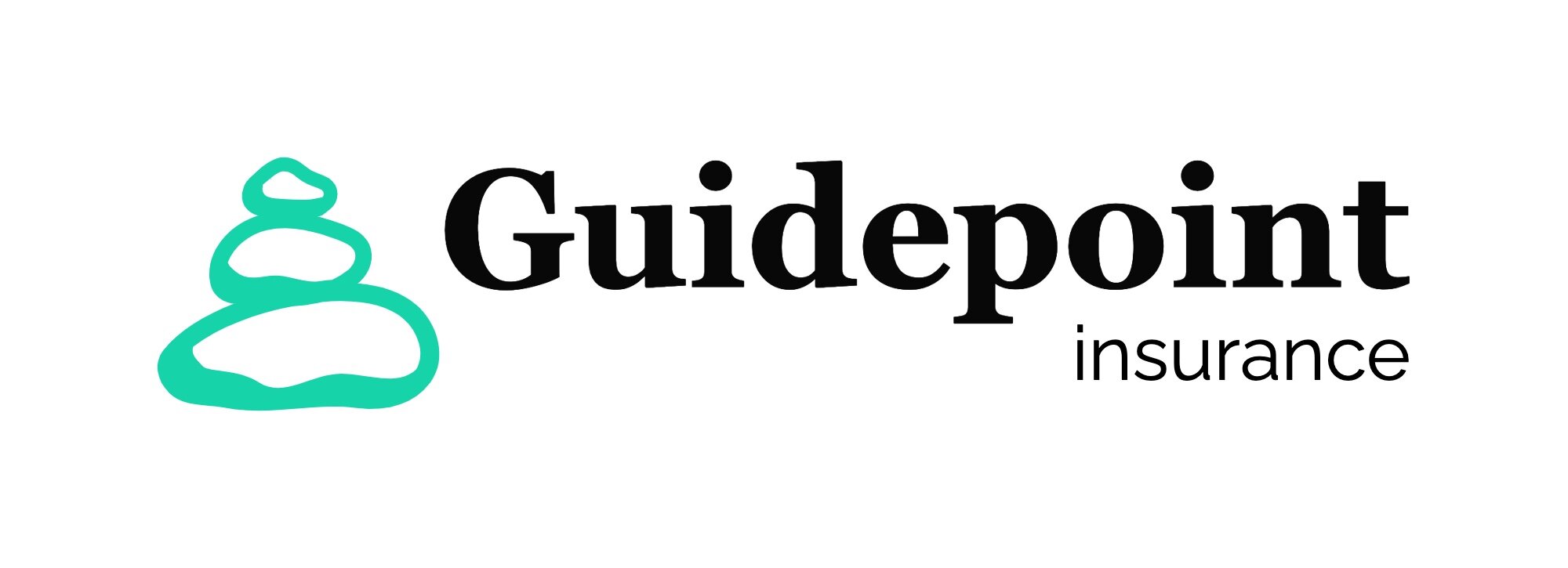Why Changing Your Vehicle Affects Your Insurance Premiums
Why Changing Your Vehicle Affects Your Insurance Premiums
When you're in the market for a new car, one of the most important factors to consider—besides the color and tech features—is how your new ride will impact your auto insurance premium. Many drivers don’t realize that switching vehicles can cause your insurance rates to fluctuate, sometimes significantly. Insurance companies use real-world data from drivers to calculate their rates, and certain vehicles are simply more expensive to insure than others. Let’s take a look at why that is.
The Cost of the Car Itself
It’s no surprise that a brand-new 2024 Ford is going to cost more to insure than a 2005 Ford. Newer cars are generally more expensive to repair or replace due to their higher value, advanced technology, and safety features. For instance, replacing a bumper on a 2024 vehicle with sensors and cameras costs far more than on a 2005 model. Also, many modern vehicles have parts that require specialized labor to repair, which further increases insurance costs.
In addition, the total replacement cost of the car plays a big role. With newer vehicles, the potential payout from an insurance company after an accident is much higher, which results in a higher premium. The more expensive the vehicle, the more coverage you’ll need to repair or replace it in the event of a loss.
Insurance Data and Risk
Insurance companies rely on historical data from real drivers to assess the risk associated with specific car models. It’s not just about the car’s price but also how likely it is to be involved in an accident or theft. For example, the Nissan Altima tends to be more expensive to insure because data shows it’s involved in more claims, especially with younger drivers. Even if the car itself isn’t the most expensive, its accident history drives up premiums.
Vehicles that have been flagged for a higher likelihood of accidents or more frequent claims are generally assigned higher rates. Cars that tend to be driven aggressively, like sports cars, or those popular among younger, less experienced drivers tend to see steeper premiums. Understanding the risk profile of a vehicle can help you anticipate insurance costs before you buy.
Theft Issues: Hyundai and Kia
Hyundai and Kia models have historically been more expensive to insure, and that trend has worsened in recent years due to a rise in thefts. Models produced between 2011 and 2021 lacked immobilizer technology, making them prime targets for thieves. This has caused a spike in comprehensive claims and has made it more expensive for insurers to cover these vehicles. If you own one of these models or are thinking about purchasing one, keep in mind that the cost to insure it may be higher.
This is a great example of how external factors, like rising theft rates, can impact the cost of your insurance. Even if the vehicle itself isn’t the most expensive or newest model, the data on theft and claims can increase the price you pay for coverage.
Size Doesn’t Always Equal Cost
While you might assume that a bigger vehicle means a bigger insurance premium, that’s not always the case. Take the Ford F-150, for example. Despite being a large truck, it’s common and has strong safety ratings, which help keep insurance rates relatively low. Larger vehicles with solid safety records and widespread availability of parts tend to be easier and cheaper to repair after minor accidents, which translates into more affordable premiums.
On the other hand, smaller, less common cars with lower safety ratings, like the Fiat 500, may end up costing more to insure. Insurance companies evaluate both the likelihood of accidents and the overall repair costs when determining your rates, so the assumption that smaller is cheaper doesn’t always hold true.
Why It’s Important to Call Your Agent
Before buying a new vehicle, it’s always a good idea to check in with your insurance agent. We can provide insights into how much it will cost to insure your new car and help you make an informed decision. The last thing you want is to be surprised by higher premiums after you’ve made the purchase.
In summary, the cost of insuring a vehicle depends on many factors, from its value and safety features to historical data about how often that model is involved in accidents or thefts. If you're considering a new car, contact us, and we’ll help you understand how your choice could impact your insurance rates, ensuring there are no surprises.
